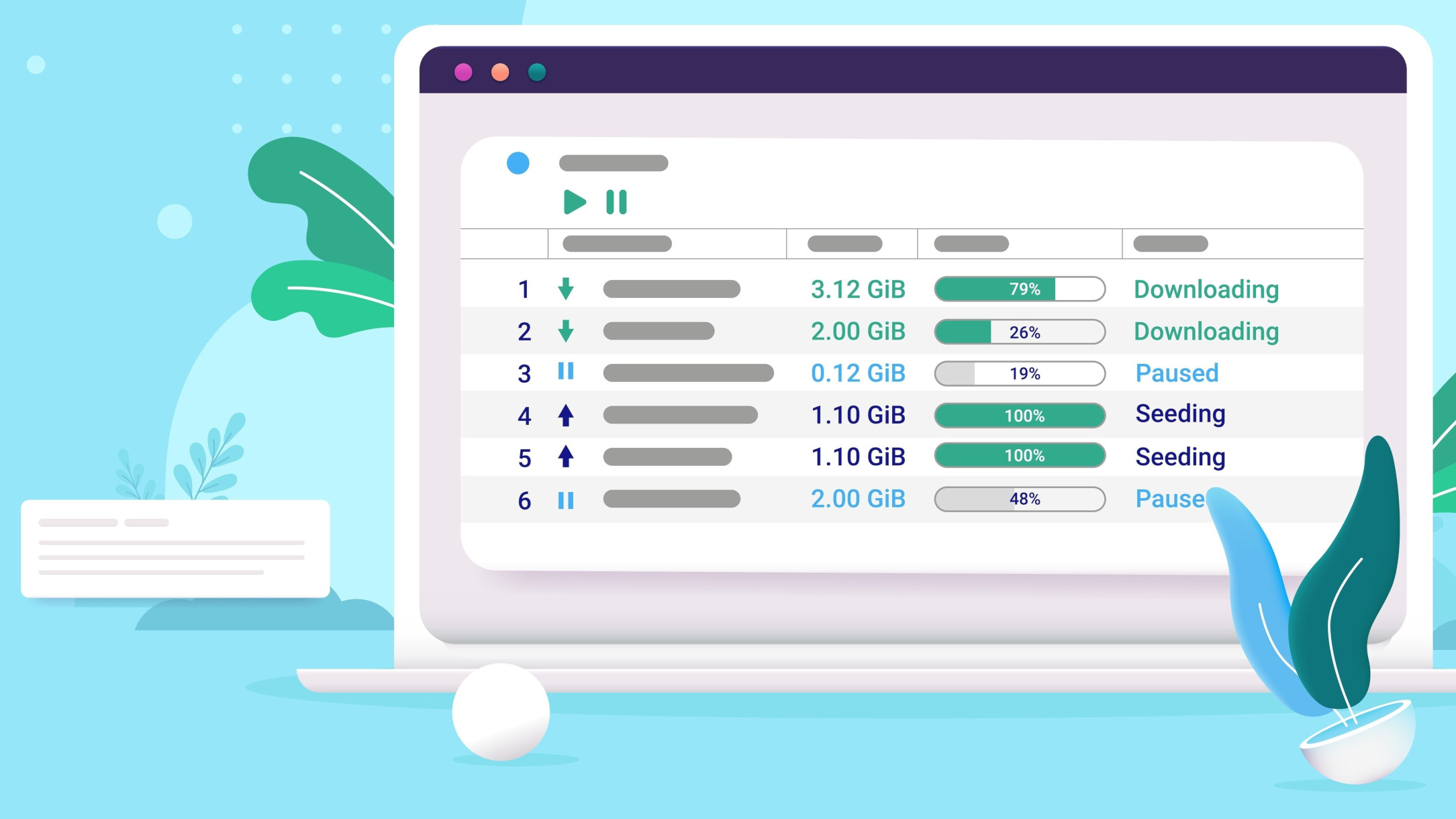Universities list LimeWire, Kazaa, and other defunct software in piracy warning
Limewire continues to live rent-free in the heads of certain regulators.

Spurred by the Higher Education Opportunity Act, which includes anti-piracy measures, American colleges and universities are required to enforce those measures. However, as noted by TorrentFreak, it would seem that most policies around these applications are pretty outdated. The anti-piracy messaging at American universities still refers to the likes of LimeWire, Kazaa, and BearShare —a.k.a. a whole litany of dead filesharing applications.
So, does this mean you're free to run your filesharing applications on college campuses across the United States? Unfortunately, this is not the case. While these worded warnings are outdated, colleges can still detect critical signs of filesharing traffic, particularly Peer To Peer (P2P) torrenting traffic, regardless of the application used. Even a university as prestigious as Stanford still has warnings about using Skype or playing World of Warcraft because these applications use filesharing protocols for calls and updates, respectively.
We should establish some context for those unfamiliar with filesharing applications, particularly these long-dead ones.
Filesharing applications in this context typically refer to applications that use the BitTorrent protocol (not to be confused with the app of the same name— plenty of other torrent applications exist) to transfer files between users to scale with how many are on the same torrent. A healthy torrent has people who have completed the file still connecting to the network and "seeding" the torrent by copying that data and sending it to other users wanting to download it. It's a very distributed form of filesharing and has been a staple of digital piracy for about as long as it has existed.
Most of the applications listed use the BitTorrent protocol or some variation to distribute files for free between users.
The two most prominent names of that era of piracy that I can remember, even though I was pretty young at the time, are LimeWire and Kazaa. They essentially took over the niche of easy music piracy after the short-lived golden era of Napster from June 1, 1999, to September 3, 2002, which was so good that it was the first of its kind to get sued into oblivion by the Recording Industry Association of America (RIAA). Eventually, lawsuits would shut down the likes of LimeWire and Kazaa, too. Still, those applications managed to survive a bit longer— particularly LImeWire, which continued operating until a May 2010 lawsuit ruling took them down.
But as it's plain to see, these names still hold significant weight despite how long they have been since they were viable piracy applications. For example, Napster's branding was eventually acquired by legitimate music service Rhapsody, which has since renamed itself to Napster and seemingly exists to lose to Spotify. LimeWire's corpse branding has also been repurposed for NFTs as of 2022, much to the displeasure of its founder.
Get Tom's Hardware's best news and in-depth reviews, straight to your inbox.

Christopher Harper has been a successful freelance tech writer specializing in PC hardware and gaming since 2015, and ghostwrote for various B2B clients in High School before that. Outside of work, Christopher is best known to friends and rivals as an active competitive player in various eSports (particularly fighting games and arena shooters) and a purveyor of music ranging from Jimi Hendrix to Killer Mike to the Sonic Adventure 2 soundtrack.
-
edzieba ReplyFilesharing applications in this context typically refer to applications that use the BitTorrent protocol (not to be confused with the app of the same name— plenty of other torrent applications exist) to transfer files between users to scale with how many are on the same torrent. A healthy torrent has people who have completed the file still connecting to the network and "seeding" the torrent by copying that data and sending it to other users wanting to download it. It's a very distributed form of filesharing and has been a staple of digital piracy for about as long as it has existed.
Was this generated by ChatGPT? NONE of the 'listed applications' use 'the bittorrent protocol', and most predate bittorrent's existence. 'Bittorrent' is not a generic term for piecewise distributed file transfer.
Most of the applications listed use the BitTorrent protocol or some variation to distribute files for free between users.
-
fyiv That's right, all of those applications used the Gnutella Network, and BitTorrent didn't really hit it big until maybe 2004 or 2005, both are still P2P, but slightly different approaches to it. I guess nobody remembers the end game client for that network, FrostWire, which was a fork of LimeWire that gave less false positives and less viruses and all sorts of other things that would come through on the normal one.Reply
And of course, uTorrent was the biggest torrent client back in the day, and pre-3.x builds are still probably one of the best ways to do it (2.35x was the last build before the BitTorrent company bought it and made it trash).
I can understand them blocking Gnutella network even if it doesn't exist anymore, just out of spite, but it's weird that they would be blocking BitTorrent, because there were some legitimate use cases back in the day for file sharing with it, but I guess that doesn't really matter that much anymore with cloud services and everything else.
Just another relic of a bygone time where the internet was cool, and you were in the know if you were able to figure it out. I only put the tricorn back on when I have no other options (because s#!ts expensive, yo!)